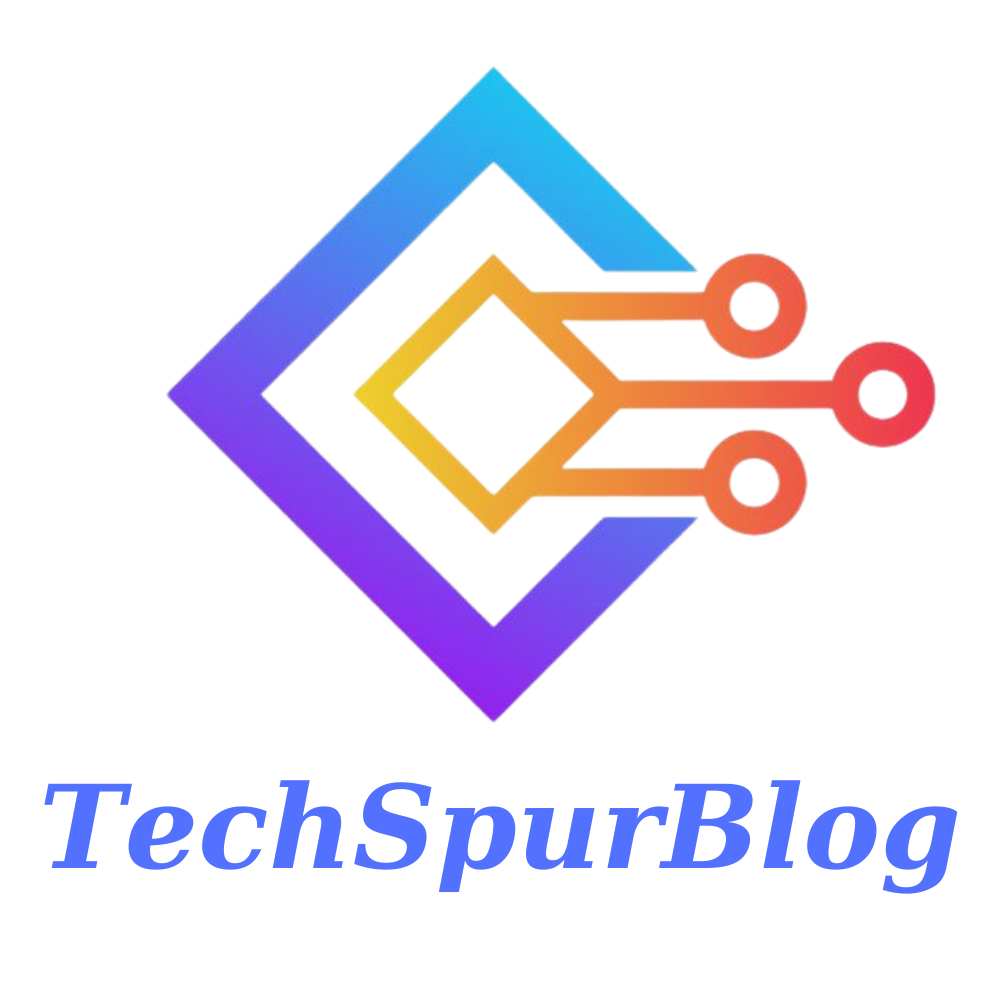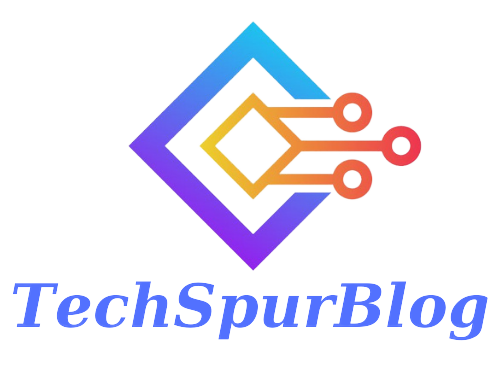Mark Zuckerberg Leads Meta’s Quest to Create a Powerful AI Chatbot to Compete with OpenAI.
Meta, the American tech giant, is steadily positioning itself in the race for artificial intelligence dominance. This time, the company has set its sights on creating a chatbot at least as powerful as GPT-4, according to reports from The Wall Street Journal.
In a bid to rival OpenAI, Meta has made significant strides by acquiring specialized AI chips, the NVIDIA H100, and bolstering its infrastructure through the construction of dedicated data centers for this ambitious project.
Building the Arsenal for AI Supermodel
While Meta introduced its recent language model, Llama 2, earlier this summer, the development of their next model is set to commence at the beginning of 2024, under the guidance of CEO Mark Zuckerberg himself.
One standout feature of this project is Meta’s intention to make the chatbot accessible for free, potentially enabling any company to create AI-powered tools using this technology.
To ensure the success of this endeavor, Meta has made substantial investments. The acquisition of NVIDIA H100 chips aims to reduce the company’s reliance on Microsoft’s Azure cloud platform.
Additionally, Meta assembled a team of AI professionals earlier this year to accelerate the development of the conversational robot. This chatbot is expected to possess advanced generative AI capabilities and convincingly mimic human expressions.
Meta’s ambition comes as no surprise. Joëlle Pineau, who leads the company’s AI research division, hinted at significant upcoming changes during an interview at VivaTech, and it seems they are now materializing.
Also Read: OpenAI Announces ChatGPT App for Android
A Crowded Field: Meta Faces Stiff Competition
In June of this year, leaks revealed that Meta was testing an Instagram chatbot with no fewer than 30 different personalities, hinting at surprising AI capabilities that may be deployed this month.
While progress is evident, Meta has faced a substantial turnover of AI researchers this year, largely due to the allocation of computing resources across multiple AI-related projects.
Moreover, competition in the generative AI market is intensifying, with Apple heavily investing in powerful models and Google planning to integrate generative AI into Google Assistant.
Amazon is also exploring generative AI initiatives, potentially leading to an Alexa powered by a chatbot.
The competition in the AI domain is undoubtedly heating up, and Meta is determined to play a leading role.
As Meta continues its pursuit of AI supremacy, the tech world eagerly awaits the unveiling of their GPT-4 rival, which promises to be a significant milestone in the evolution of artificial intelligence.

Techspurblog is a blog dedicated to providing industry-leading insights, tips, tricks and tools on topics such as web design, app development, SEO and more. We also provide reviews of the latest tech products and services that can help you get the most out of your business.





